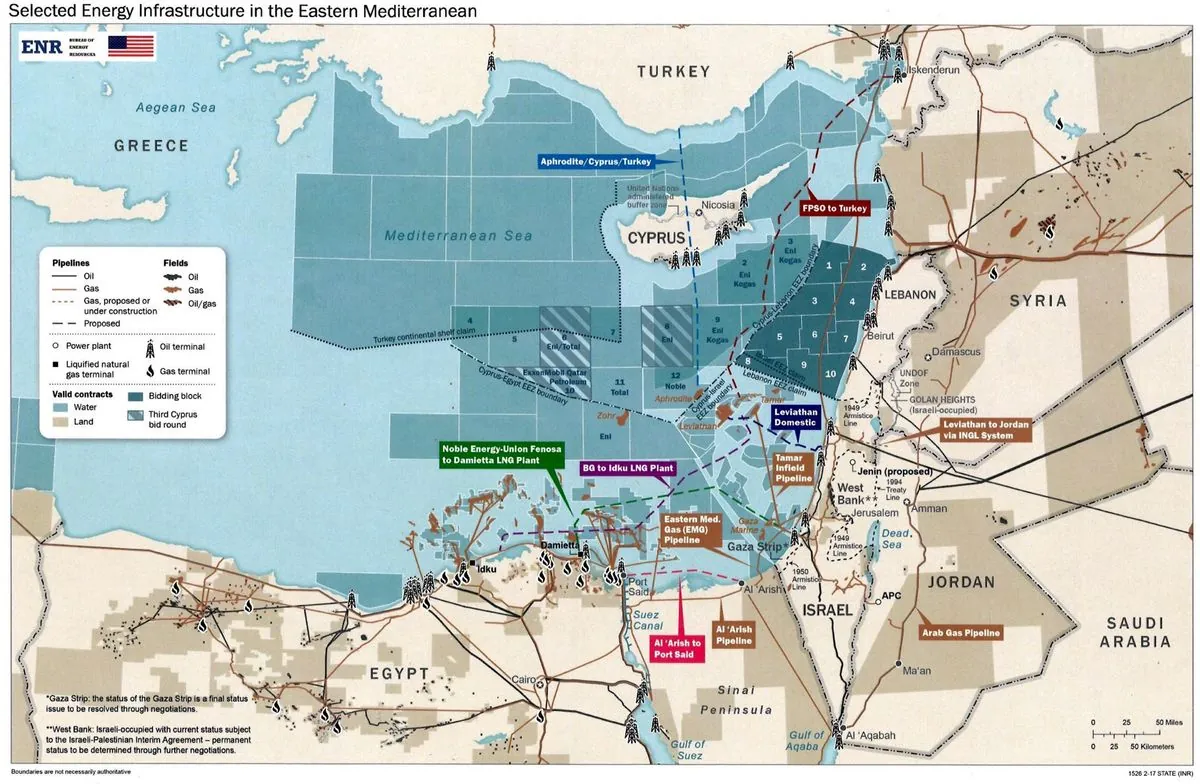Israel Signals Potential Military Action on Lebanon Border Amid Tensions
Israeli officials warn of necessary military action to secure northern border. US diplomat visits as tensions rise with Hezbollah. Internal government disputes and diplomatic efforts for Gaza ceasefire continue.

Benjamin Netanyahu and top Israeli officials have indicated that military action may be necessary to enable residents to return to their homes along Israel's northern border with Lebanon. This development comes amidst ongoing tensions with Hezbollah, the Lebanese Shiite Islamist political party and militant group founded in 1982.
During a meeting with Amos Hochstein, a senior White House adviser known for his work in energy policy, Netanyahu emphasized Israel's appreciation for US support while asserting the country's commitment to safeguarding its security. The Israeli security cabinet has updated its war objectives to include the safe return of northern residents, signaling an expansion of its initial focus on eliminating Hamas and recovering hostages taken on October 7, 2023.
Yoav Gallant, Israel's Defense Minister, stressed to Hochstein that time is running out for an agreement with Hezbollah. Since October 8, 2023, Israel and Hezbollah have engaged in near-daily cross-border fire along the approximately 120-kilometer-long Israel-Lebanon border, displacing tens of thousands of citizens on both sides.

The Israel Defense Forces (IDF), founded in 1948 and known for its technological advancement, has implemented new security measures along the northern border. Israel's Defense Ministry announced the re-equipping of 97 rapid response units and the procurement of over 9,000 rifles, costing about $13.5 million.
Internally, the Israeli government is experiencing tensions. Rumors of Gallant's potential replacement have been circulating, with far-right National Security Minister Itamar Ben Gvir openly calling for his dismissal. Gallant has emerged as one of Netanyahu's most vocal critics regarding the war, advocating for a ceasefire and hostage release deal with Hamas.
On the diplomatic front, US Secretary of State Antony Blinken is set to visit Egypt from March 19 to 21, 2024, to discuss ongoing efforts for a Gaza ceasefire. The United States, in collaboration with Egypt and Qatar, is working on a revised ceasefire proposal, although no timeline has been set for its presentation.
"This horrific tragedy should never have happened. We will continue to demand details and continue to demand access into Israel's investigation, and press for accountability."
The statement refers to the death of Aysenur Eygi, a Turkish American activist, whom Israeli forces acknowledged killing in the occupied West Bank. A Washington Post investigation found that Eygi was shot more than half an hour after the height of confrontations.
In a separate development, Iranian President Masoud Pezeshkian accused the United States and Israel of attempting to provoke a regional war through the July 2023 killing of Hamas leader Ismail Haniyeh in Tehran. Iran and Hamas have attributed the assassination to Israel, though Israel has not commented on the attack.
As of March 19, 2024, the Gaza Health Ministry reports at least 41,252 people killed and 95,497 injured in Gaza since the war began. Israel estimates that about 1,200 people were killed in Hamas's October 7 attack, including more than 300 soldiers, with an additional 342 soldiers killed since the launch of its military operation in Gaza.


































